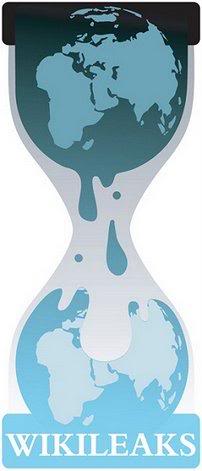If you want a vivid demonstration of the abject sociopathy of authoritarian-follower morality, in which the harm principle is trumped by self-righteousness and aggression towards outgroups, look no further than the immigration detention regime presided over by the recently-deposed Howard Government. The People’s Inquiry into Detention, the product of documentary evidence, 200 testimonies at 10 public hearings, as well as 200 written submissions, “heard heart-breaking evidence of the unnecessary cruelty inflicted by the Howard government on people seeking asylum in Australia. It places the stories of detention on the public record from the perspective of those most affected by the policies and practices” (ABC News Online). The inquiry documents the deaths at sea of more than 360 asylum seekers between 2000 and 2001, the placement into desert prisons—often for years on end—of those waiting for their refugee claims to be processed, and the savage conditions within those detention centres.
It was told of people being forced to steal food to feed their children, of assaults on both adults and children, of physical and mental health care so inadequate that many former detainees now have serious, permanent disabilities. A lack of accountability created a culture of violence and self-harm within detention. Protests were routinely met with armed force. The inquiry was told of people eating glass and gravel and pouring boiling water on themselves, and presented with images of self-harm too graphic to publish.
A boy who spent three years in detention said:
The worst thing, I will never forget it, was people cutting themselves. It was horrible. I remember one time a person was harming himself up a tree and his children was crying under the tree. His wife was crying and yelling under the tree. His blood was dropping from the tree.
Once released from detention, many refugees told the inquiry their experiences had irrevocably changed them. Many were unable to forget the violent images they had been exposed to in detention and suffered ongoing mental health problems. Others told how the uncertainty of their temporary visa status compounded their anxiety.
Christian organisations, including the Brotherhood of St Laurence and UnitingJustice Australia, were among those in the front lines fightng to bring an end to the cruelty; other Christians, including many of those in the then-Liberal/National government, were among its most vocal supporters.
But none of this is really news for those who have been interested enough to follow Australia’s mistreatment of asylum seekers. The evil leftist ABC, SBS and Fairfax press—latte-sipping dibber-dobbers that they are—have been documenting such tales at a steady rate since Tampa. The aspirationals lapped it up, hailing as a national virtue the kicking in the guts of the downtrodden, and voted for Howard in increasing numbers. You can still see the vestiges of this crowd in the comments section of the already-cited ABC article, propounding the same “they were asking for it” apologetics they’ve been pushing throughout this decade-long debate.








 My StumbleUpon Page
My StumbleUpon Page





Recent Comments